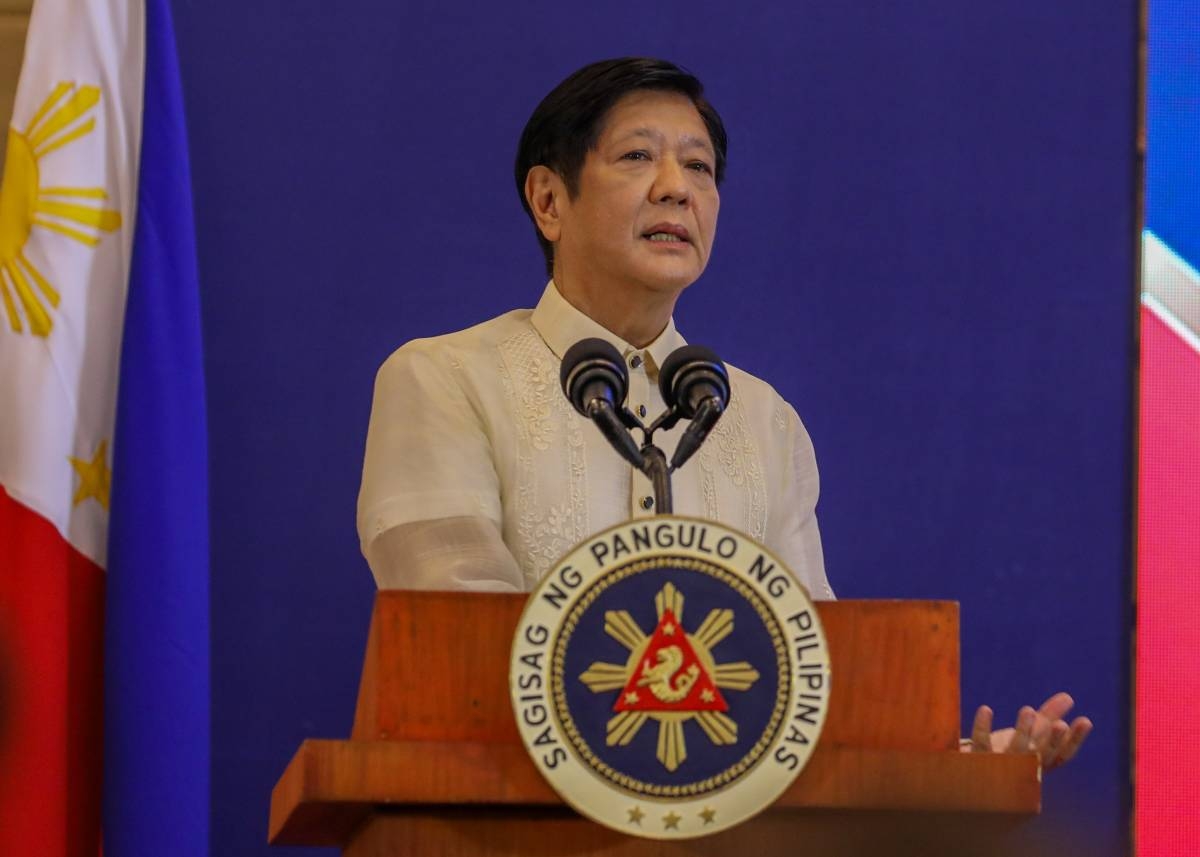President Ferdinand Marcos Jr. Orders Creation of Human Rights “Super Body”
In a significant move, President Ferdinand Marcos Jr. has recently issued an administrative order to establish a human rights “super body” in the Philippines. This development, announced by Malacañang on Sunday, aims to enhance the mechanisms for the promotion and protection of human rights in the country.
The administrative order, known as Administrative Order 22, was signed by Executive Secretary Lucas Bersamin on behalf of the President on May 8. It outlines the formation of the Presidential Human Rights Committee (PHRC), a special committee composed of key government agencies.
Enhancing Human Rights Mechanisms in the Philippines
The PHRC, headed by the Office of the Executive Secretary, will be co-chaired by the Justice Secretary, with the Secretaries of Foreign Affairs and Interior and Local Government departments serving as members. This composition reflects the government’s commitment to addressing human rights concerns at various levels.
One of the key aspects highlighted in the administrative order is the importance of maintaining and building upon the achievements of the United Nations Joint Program on Human Rights (UNJP). The UNJP, a collaborative effort between the Philippines and the United Nations, is set to expire on July 31. By establishing the PHRC, the government aims to continue its efforts in promoting and protecting human rights in line with its international obligations.
As a State Party to the Universal Declaration of Human Rights, the International Covenant on Economic, Social and Cultural Rights, and the International Covenant on Civil and Political Rights, the Philippines recognizes the significance of upholding these international agreements. The creation of the PHRC further reaffirms the country’s commitment to fulfilling its obligations to international human rights groups.
Collaboration with International Partners
Over the years, the Philippines has collaborated with the UNJP in various areas, including capacity-building, technical cooperation, law enforcement, criminal justice, and policymaking. These partnerships have been instrumental in strengthening the country’s human rights framework and promoting a culture of respect for human rights.
With the establishment of the PHRC, the government aims to continue its engagement with international partners while also taking a more proactive approach in addressing human rights concerns domestically. The committee will play a crucial role in formulating a national human rights action plan, which will guide the country’s efforts in promoting and protecting human rights.
Duties and Functions of the PHRC
The PHRC will be responsible for a range of duties and functions aimed at safeguarding human rights in the Philippines. These include:
- Conducting investigations and ensuring accountability for human rights violations
- Gathering data on alleged human rights violations by law enforcement agencies
- Expanding the civic space and fostering engagement with the private sector
- Establishing national mechanisms for implementation, reporting, and follow-up
- Adopting a human rights-based approach to drug control
One of the primary focuses of the PHRC will be to monitor and ensure the effective implementation of government policies and programs aimed at upholding and protecting the human rights of persons deprived of liberty. This includes guaranteeing that no one is subjected to torture or other cruel, inhumane, or degrading treatment or punishment.
By establishing the PHRC, President Ferdinand Marcos Jr. has demonstrated the government’s commitment to strengthening human rights mechanisms in the Philippines. This move not only aligns with the country’s international obligations but also reflects a proactive approach towards addressing human rights concerns at the national level. With the PHRC in place, the government aims to promote a culture of respect for human rights and ensure that every individual in the country is treated with dignity and fairness.







